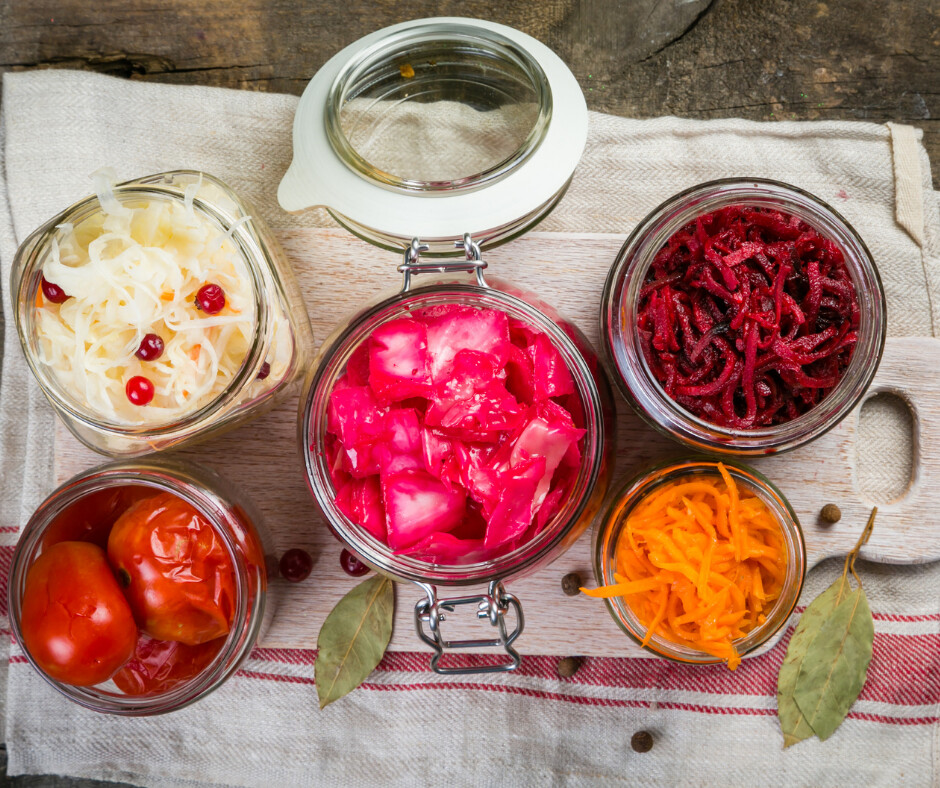
You probably know about the importance of probiotics to your gut health. You may even know about prebiotics that feed them. But you probably don't know about postbiotics and the important role that they play in your gut health and overall wellness. They help reduce inflammation, stabilize blood sugar, improve brain health and more. Here's what you need to know about postbiotics.
What are Postbiotics
Postbiotics are produced by prebiotics and probiotics through the process of fermentation. It is important to note that you need enough of the healthy probiotic bacteria in your gut to produce sufficient postbiotics. It is now thought that postbiotics are what causes the health benefits that we typically think of coming from probiotics. The more postbiotics you have, the healthier you will be because they help support the probiotics.
Diversity Matters
The more diversity you have in the good bacteria in your gut, the healthier your gut microbiome will be. The most important location for these bacteria is at the end of the small intestine, large intestine and colon. Too many good bacteria in the small intestine and other inappropriate places can cause bloating.
Types of Postbiotics
Short chain fatty acids are a type of postbiotic that is naturally produced by healthy bacteria, Butyrate is an important type of a postbiotic and short chain fatty acid that has been studied extensively. Another important postbiotic is hydrogen peroxide which the body uses to keep bad bacteria in check. The acetic acid in apple cider vinegar is another postbiotic. If you take it with water before a meal, it can help your body begin to produce the acids and enzymes needed to properly digest your food. It can also help strengthen your intestinal wall.
Reduces Food Sensitivities
Postbiotics can help reduce food sensitivities which in turn can help reduce inflammation and improve immune system health. This is especially helpful for people who can't metabolize probiotics properly. There have been studies that suggest that postbiotics can even help with seasonal allergies.
Sources
Grass fed butter and ghee (clarified butter) both contain butyrate. Fermented foods contain prebiotics, probiotics and postbiotics. Some great fermented foods are beet kvass, yogurt, kefir, pickles, kimchi, buttermilk, miso soup, kombucha, and fermented ginger. There are also supplements that contain postbiotics like bioactive carbons (humic and fulvic acids). Shilajit is commonly used in ayurvedic medicine. It is a sticky substance that is found primarily in the rocks of the Himalayas. It develops over centuries from the slow decomposition of plants. Short chain fatty acid supplements are known to strengthen the intestinal wall. Butyric acid is also available as a supplement.
Did this help you? If so, I'd greatly appreciate it if you commented and/or share it on social media.

Email: sharonledwards@hotmail.com
Facebook: https://www.facebook.com/sharonledwardsbiz/


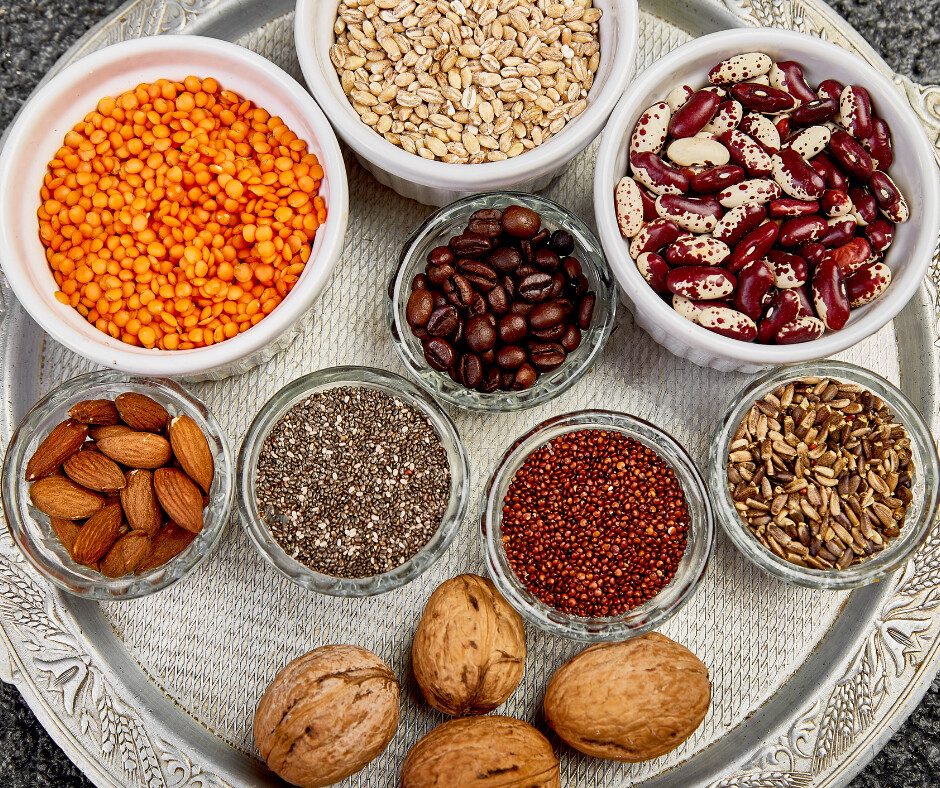



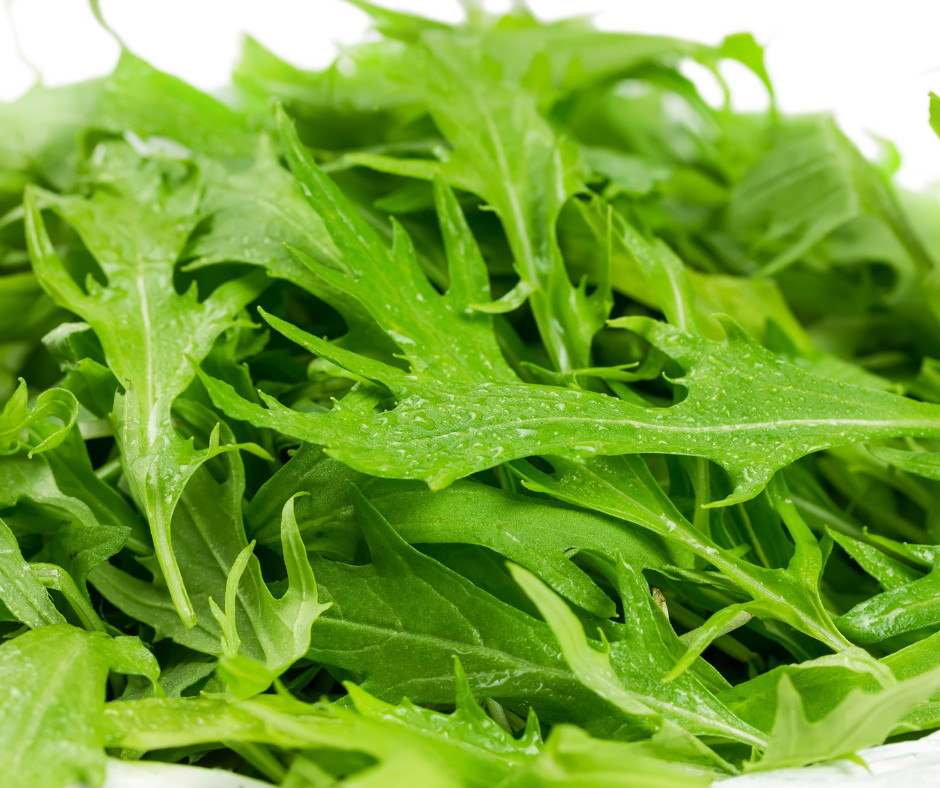

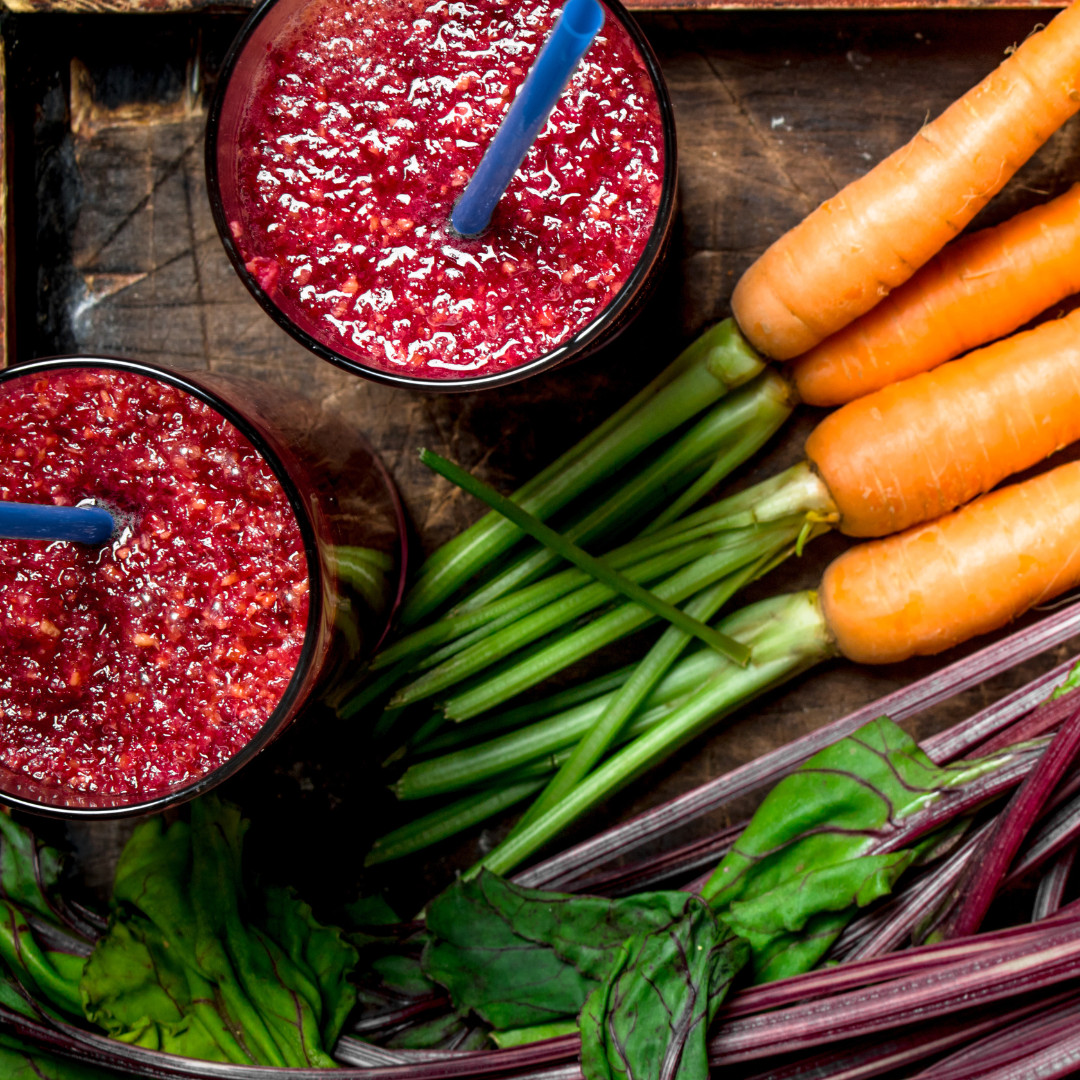
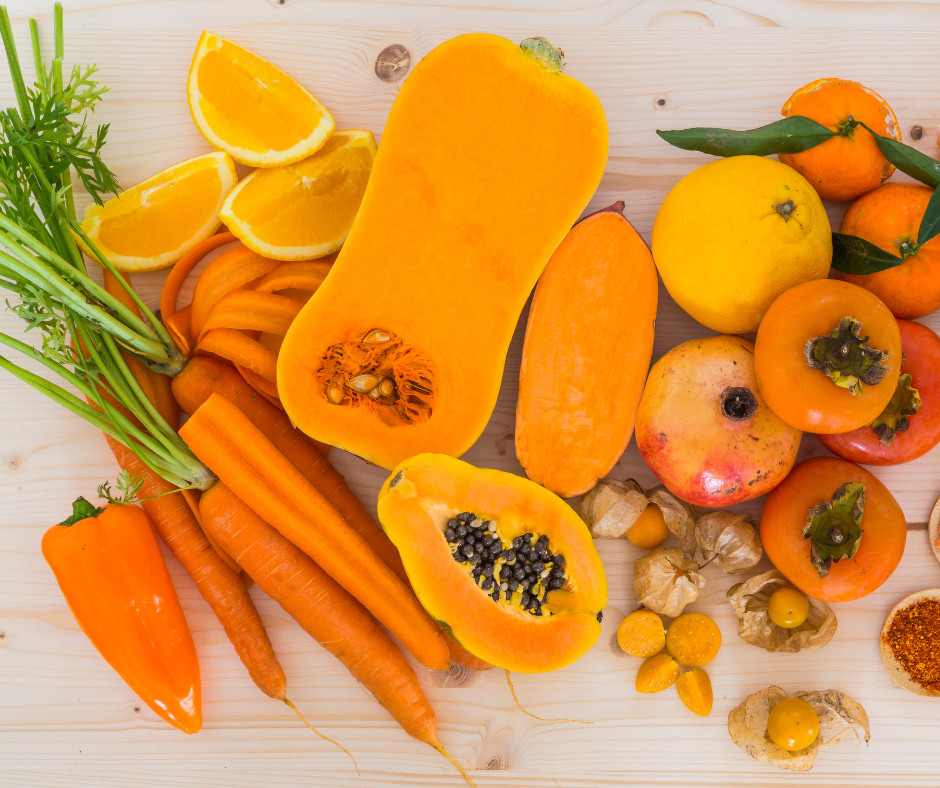
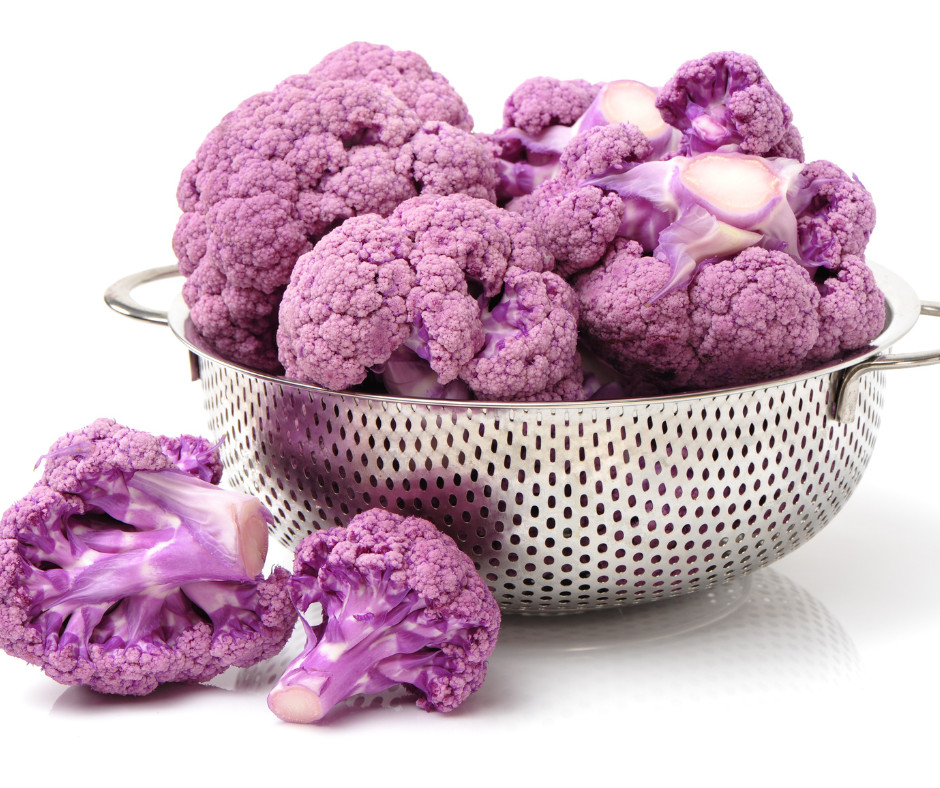
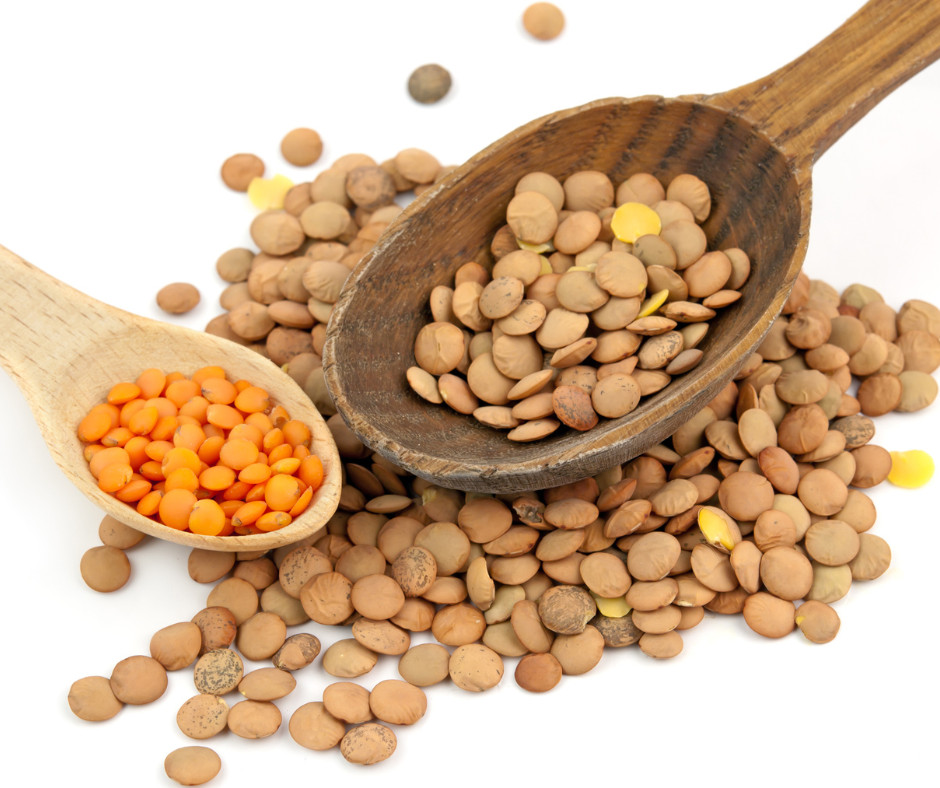
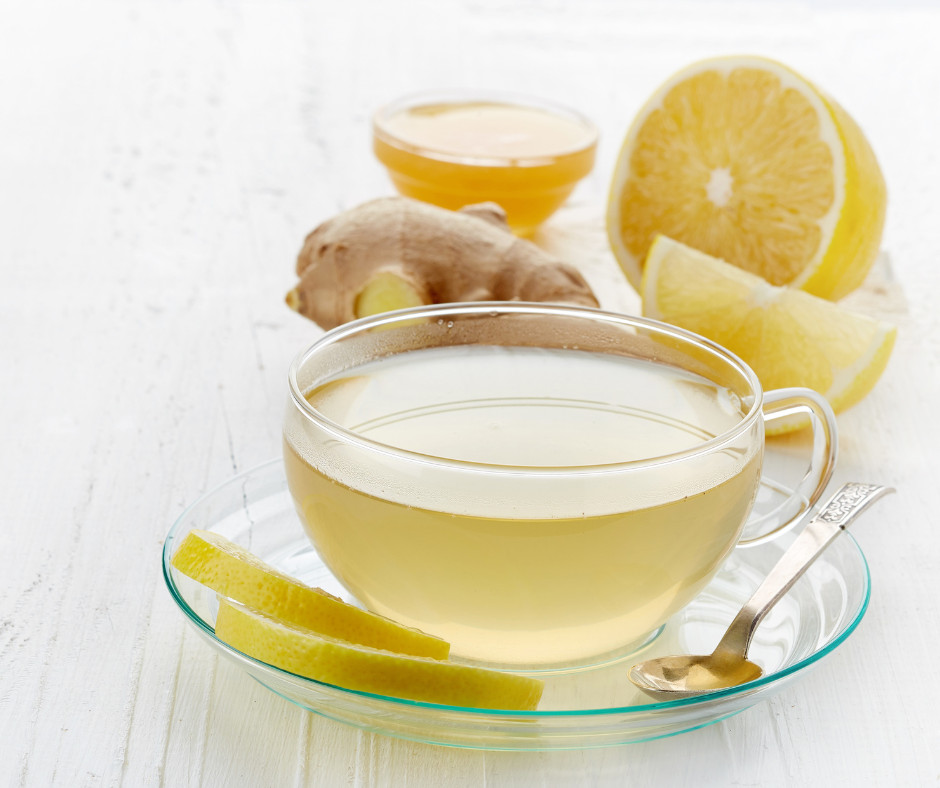





1 Comment